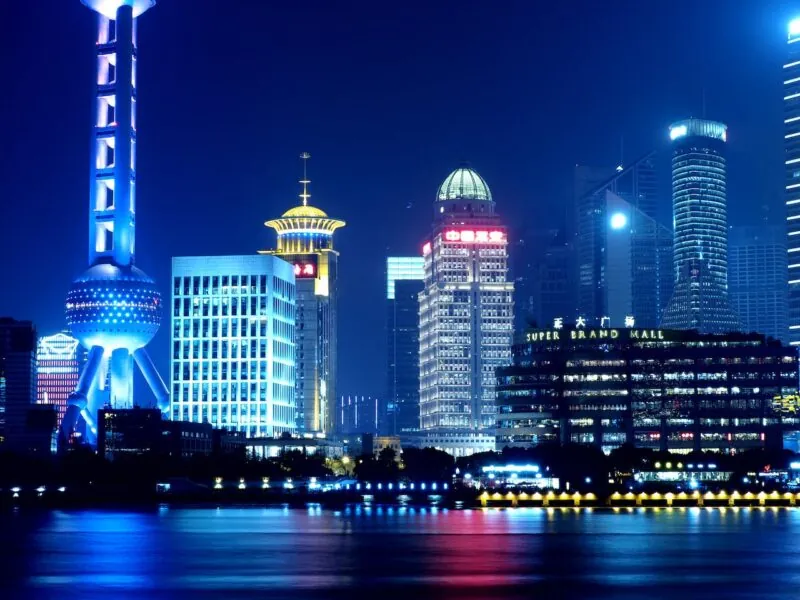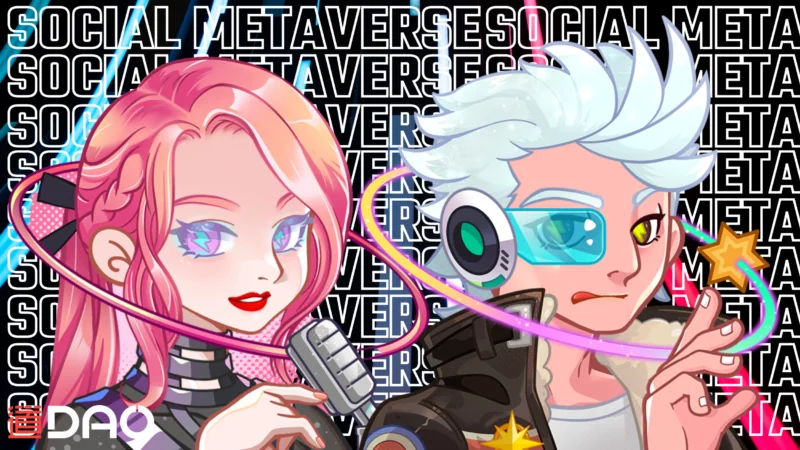Ever since livestreaming began its meteoric rise, China’s political leadership has wanted to keep a lid on the power of its charismatic hosts. Now, as public opinion towards these newly minted A-list celebrities sours, viewers have taken over the hard graft of reining in this unruly form of entertainment.
China’s internet regulator ushered in the first regulations to the livestreaming industry in 2016 and scrutiny has been quietly ramping up since then. No one noticed much until Li Jiaqi’s “tank cake” scandal saw the beloved beauty seller disappear from the small screen for 3 months in 2022. The biggest upset to the industry since its beginning, that debacle now seems like a minor hiccup compared to the torrent of public criticism faced by three of China’s biggest livestreamers in the past few months.
In the run-up to this year’s Double 11 shopping festival, a new Li Jiaqi-related controversy seemed to hit the Weibo Hot Search list every week. From his rumoured billions in Double 11 earnings to his supposedly unfair “lowest price” agreements with brands, the “Lipstick King” could not stay out of trouble.
Meanwhile, Crazy Little Brother Yang, whose channel was the first on Douyin to hit 100 million subscribers, made headlines for the “vulgar” behaviour of one of his apprentices, despite goofy, over-the-top antics being his calling card. Another major player, Xinba, was completely banned from Douyin (probably deservedly) for reportedly publishing false information about his products.
The mistakes of these three livestreamers differ dramatically in severity, but the sustained negative public attention on all of them at once is nonetheless remarkable. We have reached a turning point in how the public views livestreamers which reveal truths about the nature of censorship and celebrity in China.
The moral framework of content production in China
The role of moral censorship in China’s carefully orchestrated TV industry offers clues as to where this groundswell of criticism comes from.
Production companies steer well clear of the Party’s “red lines” when writing scripts, but keeping within the correct moral boundaries is more challenging as these are less well-defined and fast-changing. It is when falling short of these shape-shifting moral expectations, often over gender presentation or sexual promiscuity, that production teams typically face government intervention.
It is when falling short of shape-shifting moral expectations that production teams typically face government intervention
A well-known example is the censoring of cleavage from the 2015 costume drama Empress of China, which was widely reported in English-language media. The depiction of gay relationships has been officially banned since 2016, much to the distress of danmei fans. This came as part of a sweeping set of TV guidelines that heavily discourage the creation of media that “exaggerates the dark side of society”.
It is not just the content itself that must live up to these moral standards, but also real-life stars of the stage and screen, with celebrities getting blacklisted for involvement with issues like tax evasion, infidelity, or surrogacy. Singers Angelababy and Joey Yung even had their social media accounts temporarily shut down recently for attending the burlesque performance of Lisa (from K-pop girl group Blackpink) in Paris.
Unscrupulous is the new salacious
The recent criticism of Li Jiaqi and Crazy Little Brother Yang (less so Xinba as his actions cross clear legal lines) are more than standard customer complaints. The disappointment and rage of fans toward these entertainers has a clear moralistic framing that echoes official guidelines for livestreamers behaviour. Among many other things, the guidelines state: “Livestream hosts must cultivate a strong moral character”. The phrase used, 个人品德, carries a strong connotation of the kinds of Party-oriented moral issues listed above.
The insults thrown at Li Jiaqi and Crazy Little Brother Yang paint a picture of unsavoury characters looking to make a quick buck off the public
What does a strong moral character look like for a livestreamer? The focus is less on whether or not they have salacious personal lives, as is the case with actors and singers, but instead whether they are unscrupulous in their business tactics. Comments on social media point to this. Among the milder insults thrown at Li Jiaqi and Crazy Little Brother Yang are words like “arrogant”, “vulgar”, “sly” or “smooth-talking”, which all paint a picture of unsavoury characters looking to make a quick buck off the public.
More hot-blooded comments get to the heart of the issue: “Resolutely eradicate such monopolistic internet celebrities!”. The fintech crackdown of 2021-2023 has turned the threat of monopolies into a key issue in the political discourse. This now extends to the moral standards applied to celebrities. At the same time, China’s top livestreamers perhaps really have become complacent. Viewers are beginning to feel it is a little too easy for these rich people to take their money, and that their fondness for these stars is being exploited.
In this way, questionable business practices have gone beyond an issue of consumer rights or an ethical question in China, but have become a moral one, in which the “correctness” of the livestreamers as individuals is under doubt and the public feels deeply let down in response.
When consumers and censors agree
Moral censorship is baked into the TV production process in China. Before filming starts, scripts must first be approved by a Party representative, and then a draft must receive a license before it can be finally aired. The torrents of user-generated content on social media platforms, by contrast, are the wild, wild west.
Of course, the Chinese government is well-known for innovating social control mechanisms that extend to social media, most famously on Weibo. Major companies like ByteDance also have Party Committees which help guide company operations to stay on the “correct” track. Under the banner of successful multimedia agencies, livestreamers are also able to self-censor to some extent. But these checks are most effective for censorship of political topics that are clear-cut no-go’s. As described earlier, moral no-go’s are far harder to predict or pin down.
Livestream viewers are consumers first and foremost, especially in the era of rational consumption
The court of public opinion, not dictated by but certainly guided by the Party, can become a powerful mechanism for enforcing moral censorship. What makes this particularly effective with livestreaming is that, whether by accident or by design, the interests of livestream viewers and regulators are in complete alignment. This is in stark contrast to TV, where the removal of immoral content like racy scenes or queer-coded romances is often seen by viewers as a betrayal of character arcs – or simply as taking out all the best bits. Producers sometimes even knowingly include banned content because they don’t want to risk upsetting fans and hurting the show’s ratings.
But livestream viewers are consumers first and foremost, especially in the era of rational and “reverse” consumption. Although they do form strong parasocial relationships with livestream hosts, this connection is built on trust. Consumers believe that the livestreamer is looking out for their best interests, and so they trust, even love them. But when this trust is broken, by a single outburst in the case of Li Jiaqi, the moral-focussed celebrity discourse kicks into gear. To punish them, consumers naturally adopt the moral language that deeply influences content production in the country.
The future looks virtuous
Consumers want to see more humility from their billionaire livestreamers and censors want to diffuse their influence. This is why, among other reasons, these disgraced livestreamers are not likely to make a comeback – censors are a pretty powerful force, but even more so with the full brunt of consumer righteousness on their back.
It’s yet to be seen how livestream stars and their agencies will shift in response. In TV production, censorship both moral and political can have a productive quality as it forces producers to find creative ways to excite fans whilst avoiding government intervention. Livestreaming may follow a similar path, perhaps through the crafting of personas that are not only charming and dynamic, but also socially conscious. The more willing they are to take up the mantle as a role model, the better.
Or, on the other hand, as many have predicted, individual livestreamers will fade from the spotlight as the landscape becomes more diversified with brand-led livestream channels. Either way, livestreamers and their agencies will now have to keep a close eye on how their on-screen persona will be judged against subtly shifting moral standards. For the time being, Li Jiaqi’s example has shown that livestream hosts must avoid behaviour that can be seen as “monopolistic” and above all they should remain humble.









